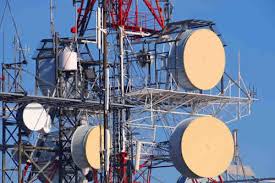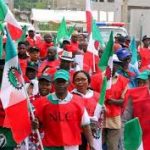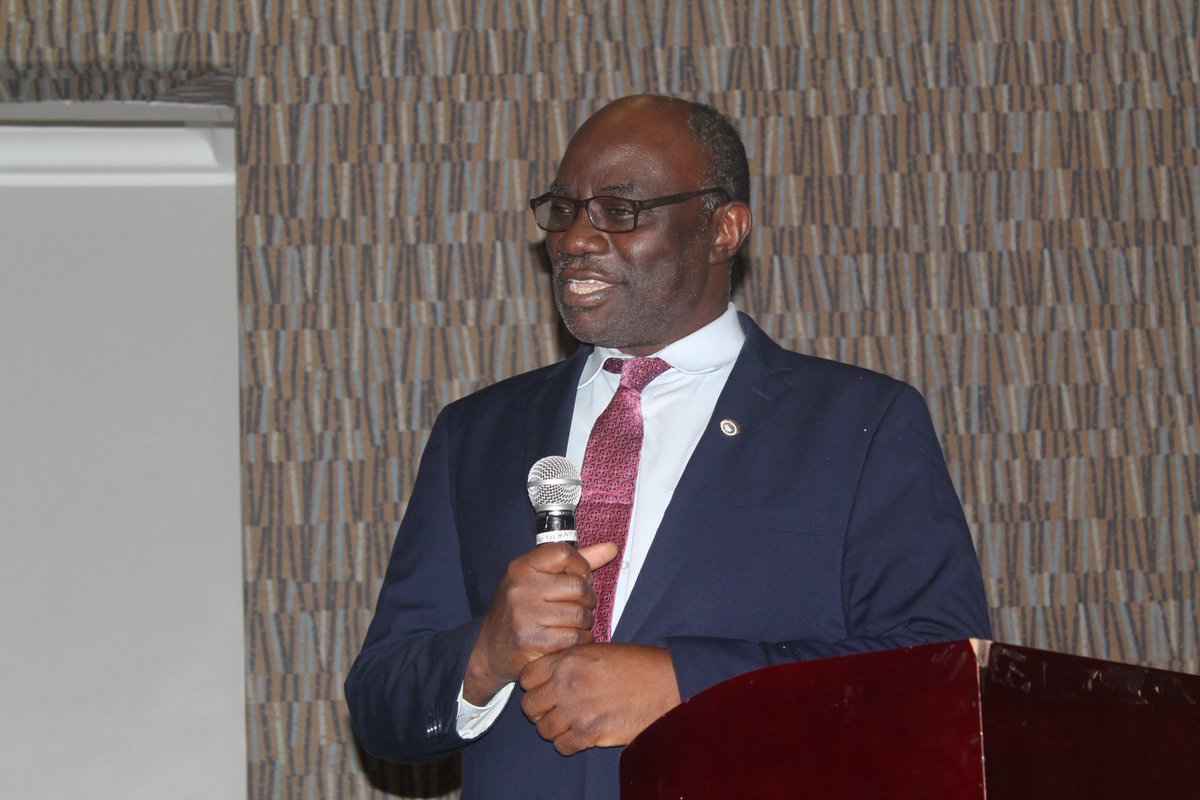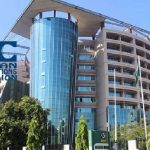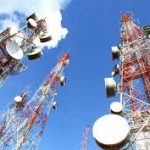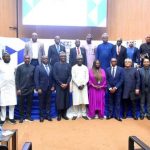Telecommunications operators in Nigeria have announced plans to introduce new tariffs reflecting the 50% hike approved by the Federal Government through the Nigerian Communications Commission (NCC). While the NCC mandated that the new rates take effect in February, operators say full implementation will begin in March.
At a stakeholder meeting in Lagos over the weekend, telecom firms emphasized that the tariff adjustment was necessary to sustain the sector rather than maximize profits. The announcement comes as the Nigeria Labour Congress (NLC) and the Trade Union Congress (TUC) prepare for a nationwide protest on February 4, demanding a downward review of the hike to just 5%.
Leading the discussion, the Chairman of the Association of Licensed Telecoms Operators of Nigeria (ALTON), Gbenga Adebayo, stated that each telecom provider would introduce its new tariffs separately, following regulatory approval processes.
“We are now following the regulatory requirement, which includes filing, reviewing, and obtaining approvals. Once these approvals are granted, different operators will introduce new rates accordingly. By next week, we will start seeing some adjustments in pricing,” Adebayo explained.
He stressed that the telecom industry should not be expected to subsidize other sectors of the economy, arguing that pricing should reflect the actual costs of operation.
“The telecom sector cannot be the subsidy for other sectors. Our costs should align with economic realities. Telecom services cannot be used as a palliative measure,” he said.
Adebayo warned that selling services below cost in an attempt to ease economic hardship was unsustainable, adding that continued underpricing would have long-term negative effects on the industry.
Despite the price hike, telecom operators maintain that they remain committed to expanding investments in infrastructure and service delivery. The Director of Corporate Communications and CSR, Femi Adeniran, noted that while investments had not stopped, the tariff adjustment would provide operators with additional resources to improve services.
Similarly, the Director of Product Innovation and Business Development at 9mobile, Kenechukwu Okonkwo, suggested that tariffs should ideally be determined by market forces. He expressed hope that economic conditions in Nigeria would improve to prevent further price increases in the future.
Beyond tariff concerns, telecom operators also provided an update on the long-standing Unstructured Supplementary Service Data (USSD) debt owed by banks. Adebayo confirmed that discussions were progressing toward a final resolution, though he did not disclose specific details
While telecom operators argue that the tariff hike is necessary for industry survival, labour unions strongly oppose the increase, citing the financial strain on Nigerians. The NLC and TUC have called for a mass protest on February 4, insisting that the 50% hike is excessive and should be reduced to 5%.
The unions argue that higher telecom costs will negatively impact businesses, digital communication, and overall economic activity. With inflation and the cost of living already soaring, they insist that Nigerians cannot afford additional financial burdens.
As telecom operators finalize their tariff structures and await regulatory approvals, the debate over pricing and affordability is set to continue. The upcoming labour protests could pressure the government to reconsider the scale of the hike. However, industry players maintain that without cost-reflective pricing, Nigeria’s telecom sector could struggle to sustain quality services and future investments.
With millions of Nigerians relying on mobile networks for business, education, and daily communication, the outcome of this dispute will significantly impact the country’s digital economy in the months ahead.


